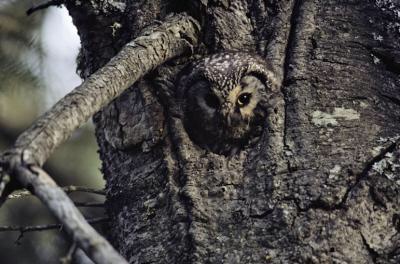“We've almost made ourselves transparent in reaction to the fact that we know we're being watched.”
Annie Clark, St. Vincent
You are what you eat. You are what you wear. You are the music you listen to, the audio and video you consume. You are the investments you make, the work you do, the space you live in. You are the furniture that decorates your living space, especially the knick knacks on your mantle. You are the photos you share, the snarky comments you make on social networks, the political commentators you choose to listen to. You are the software you chose, the operating system, the device, the cloud that holds your stuff. You are the car you drive, the public transportation you take, the footwear you select for any particular walk. You are the cocktails you order, the craft beer you quaff and the espresso you sip.
You are the bill that was left unpaid this month. You are the parking ticket for parking in a handicapped spot. You are the bad report from a dentist. You're the person who doesn't floss enough. You're the person who raised his voice in anger. You are the phone call you forgot to make. You are the person living beyond her means. You are the person working two jobs and collecting food stamps. You are the person whose marriage didn't work out. You're the person who's too tired to read and too tired to sleep. Staring at the ceiling, waiting for the alarm to ring signaling the start of another day. You're the person obsessively checking email, even though there's only ever spam. You're the person who can't afford to eat lunch today. You are the person who forgot the difference between baking soda and baking powder.
You're the person whose essence is never completely captured by a sentence, or even a paragraph. You're the person who is represented by thousands of entries in hundreds of corporate and government databases. But the pieces never seem to add up to a solid picture. You're the person whose potential isn't represented by your test scores. You're the person who can't be summed up analyzing your web search history. You're the person whose taste can't be modeled with an algorithm.
You're the person who's become transparent. You're the person who is watched but unseen. You're the person who is present, but unrecorded. You're the person who leaves a trace that is never fully comprehended. You're the person with wholly unexpected depth. You're the person filled with unknown unknowns.
Comments closed





